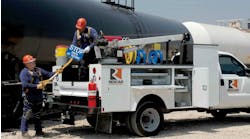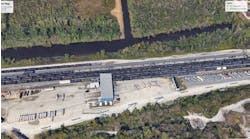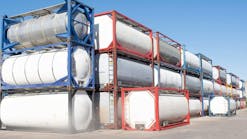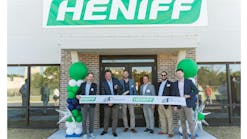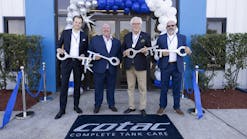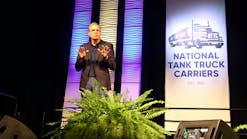Just like keeping a car well tuned to get sound performance, checking under the environmental hood at tank wash facilities can help reduce pollution, improve regulation compliance, and enhance the bottom line.
That was the message presented at the National Tank Truck Carriers Tank Cleaning and Environmental Council Seminar March 30-31 in Savannah, Georgia.
Among those discussing the subjects was Howard Hill of R W Martin Process Water Solutions. Hill's presentation took a PowerPoint stroll through a typical tank wash facility, noting where energy was being wasted, and then defined ways to reduce the loss. He pointed to several trouble spots related to a boiler: flue (18% loss), radiation and convection (4% loss), blowdown (3% loss), resulting in a net boiler output efficiency of 75%-77%.
One way to cap energy loss is to insulate vats and storage tanks. Without insulation, three 1,000-gallon tanks could release enough energy that would add up to a loss of $950 per month. Steam pipes without insulation also discharge dollars into the air.
Hill noted that new equipment is on the market that can reduce energy loss and cost. He discussed a SuperHeater and a wastewater heat recovery system from Thermal Engineering of Arizona that are designed to improve efficiency.
Full coverage of the Savannah meeting will be in the June issue of Bulk Transporter.
